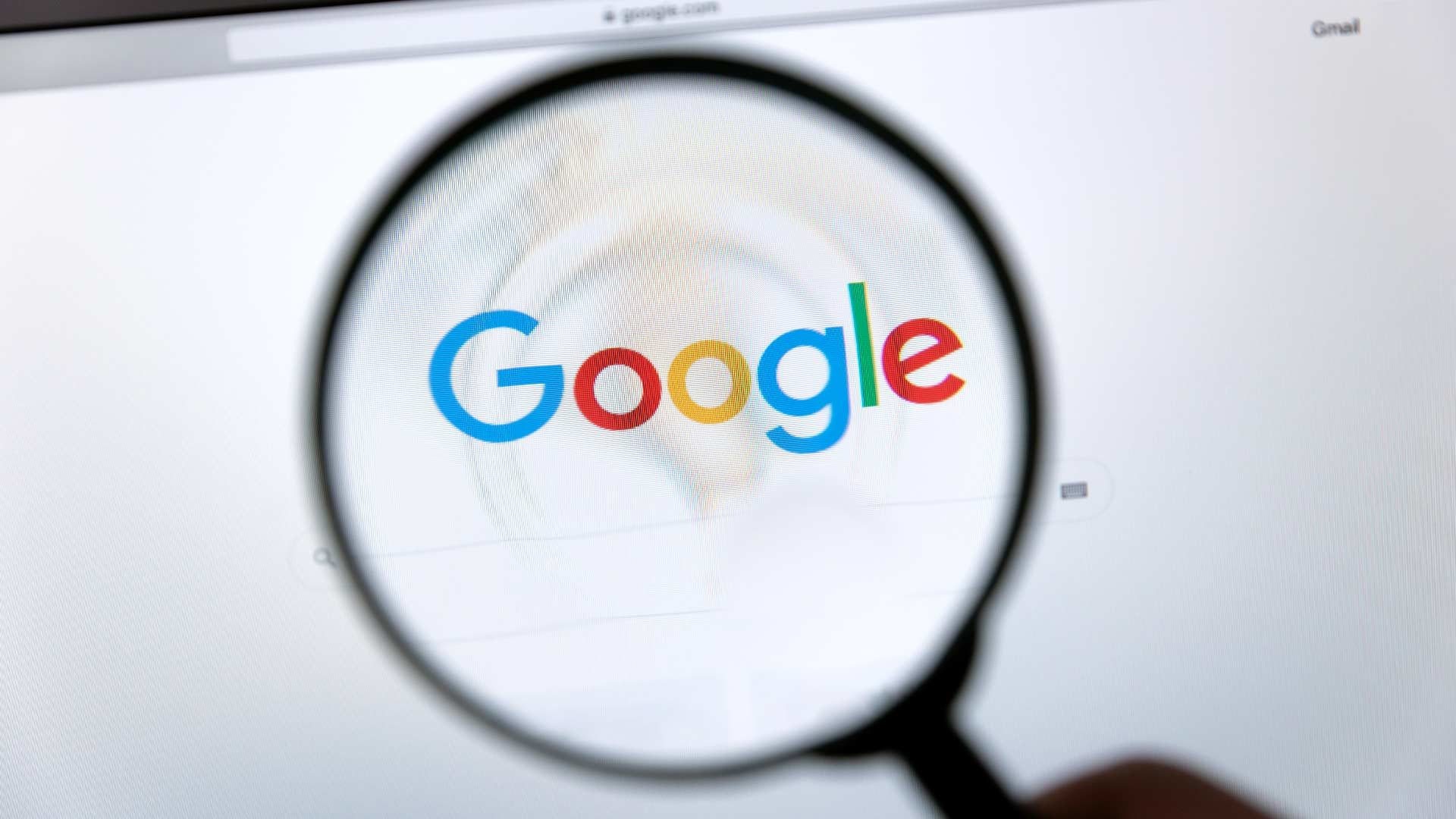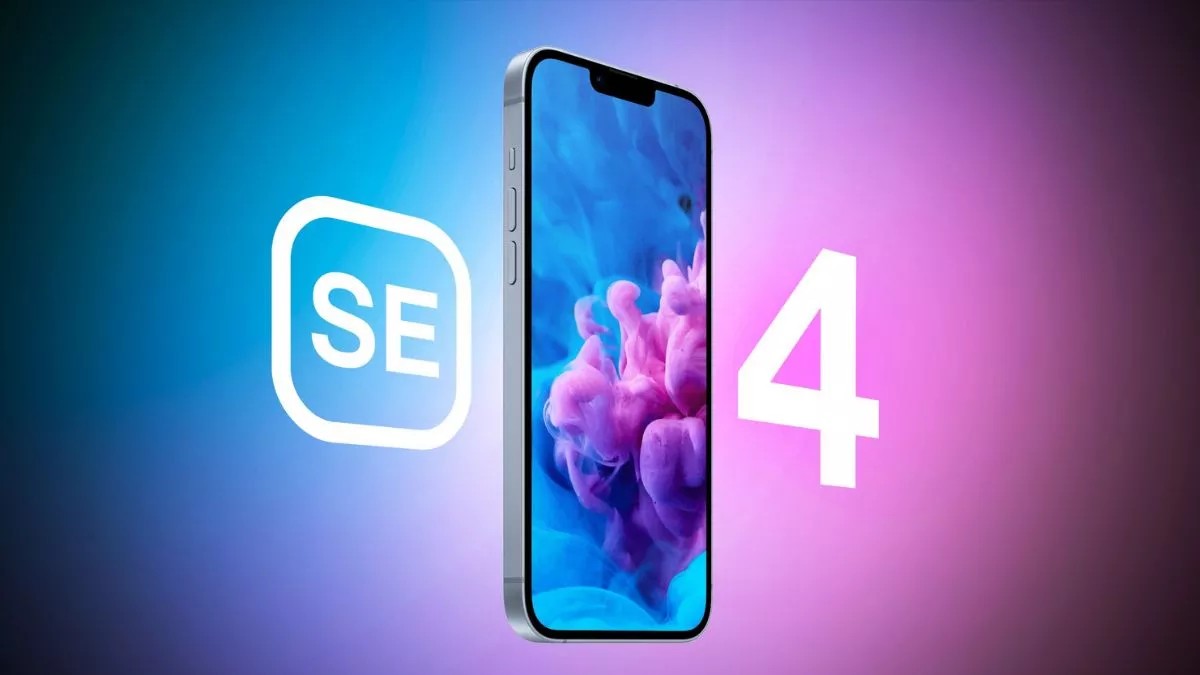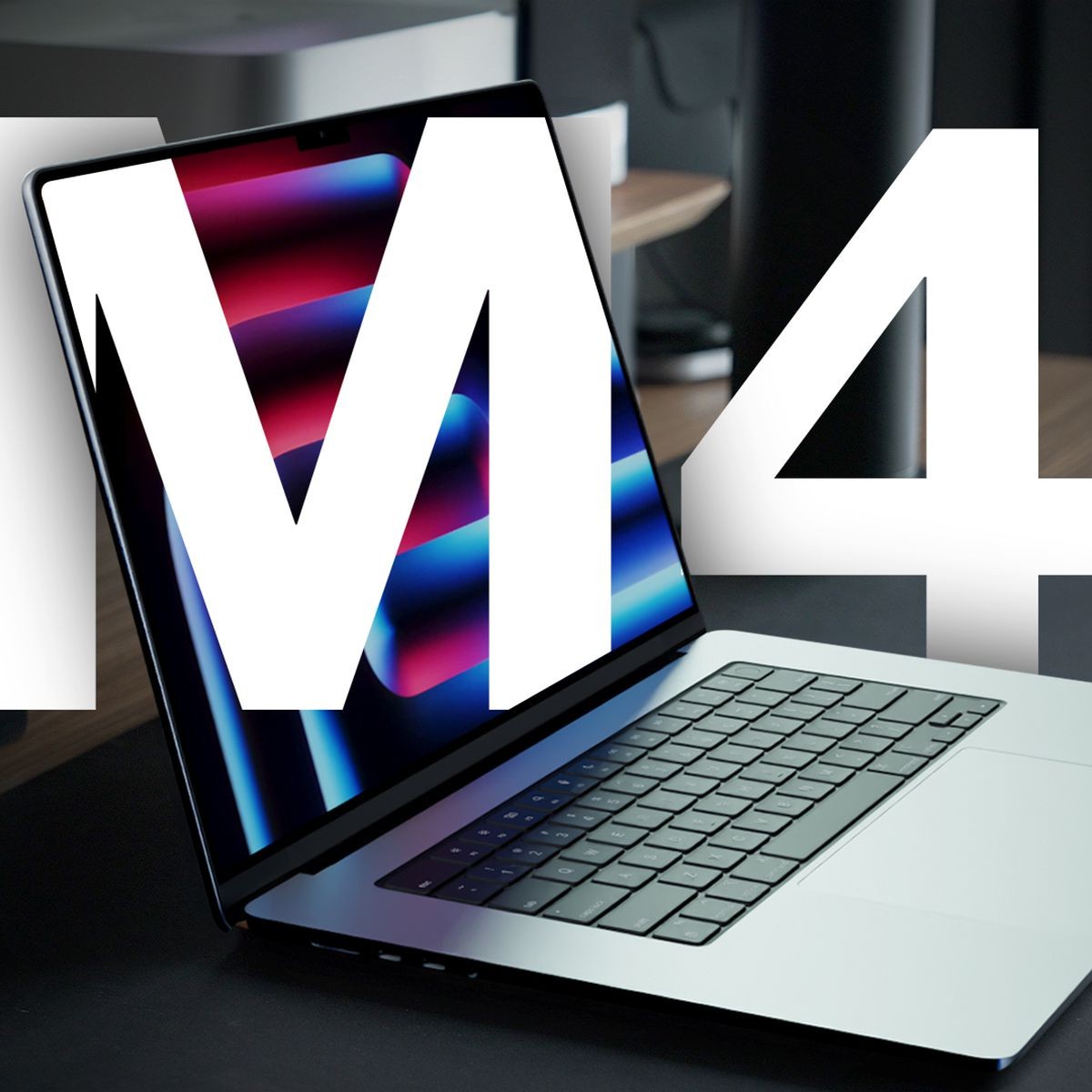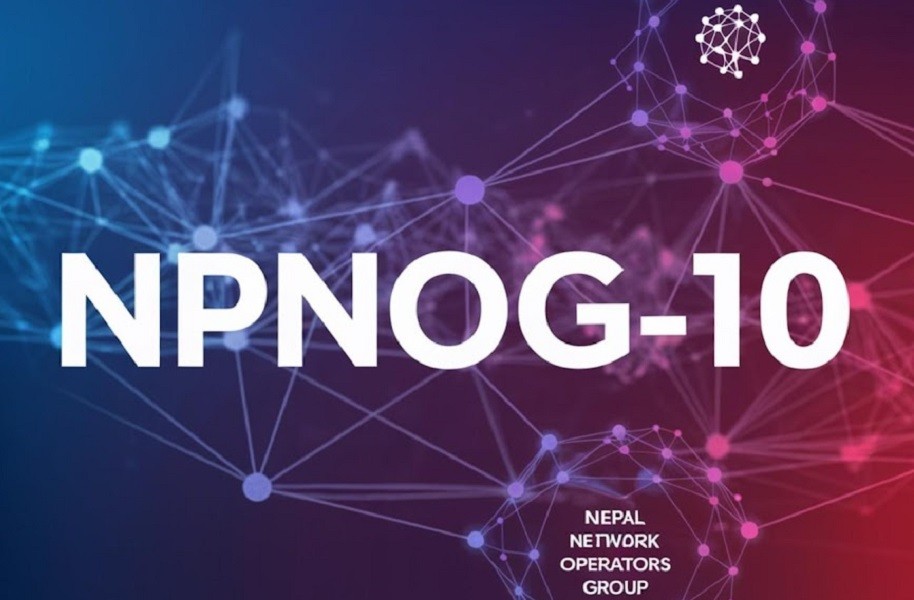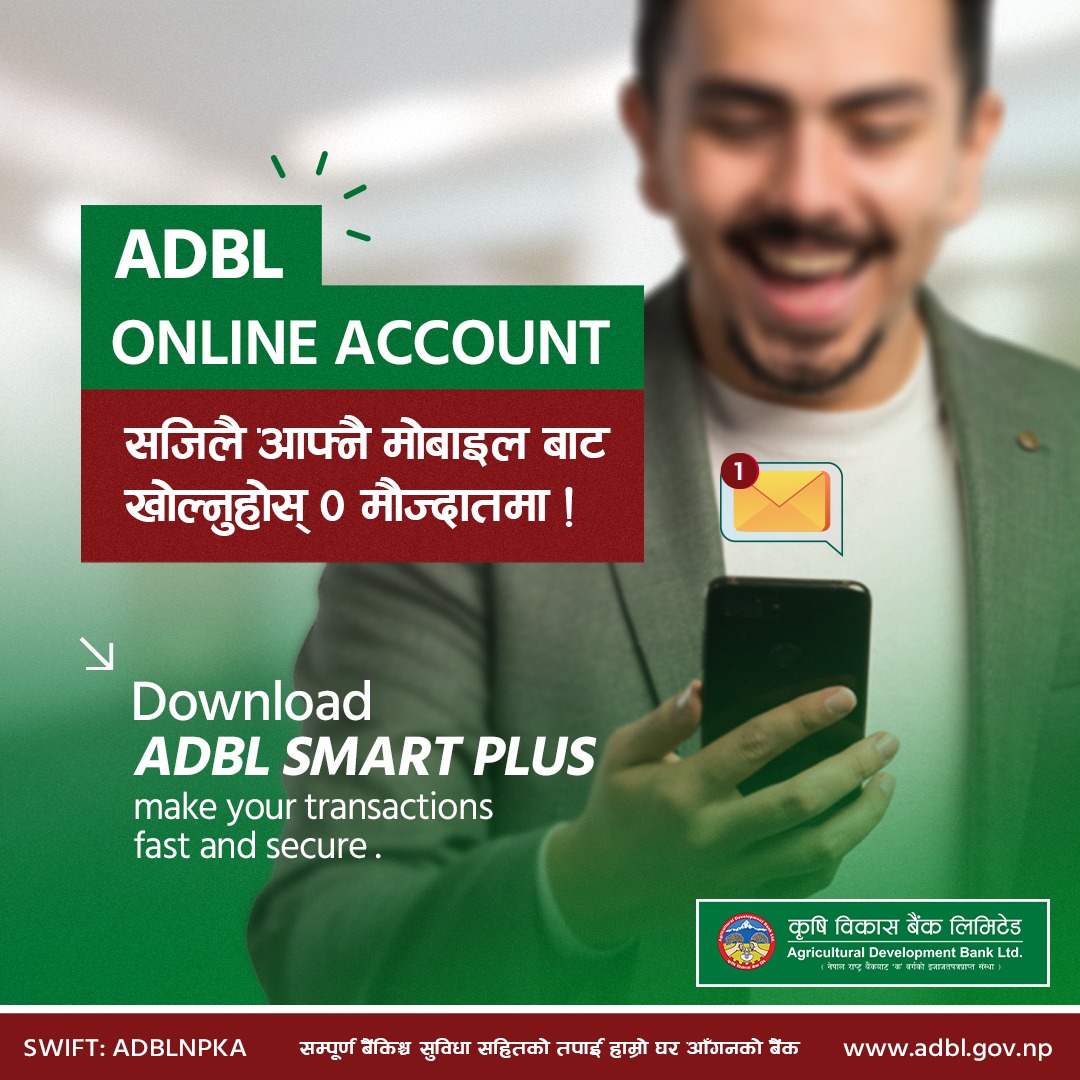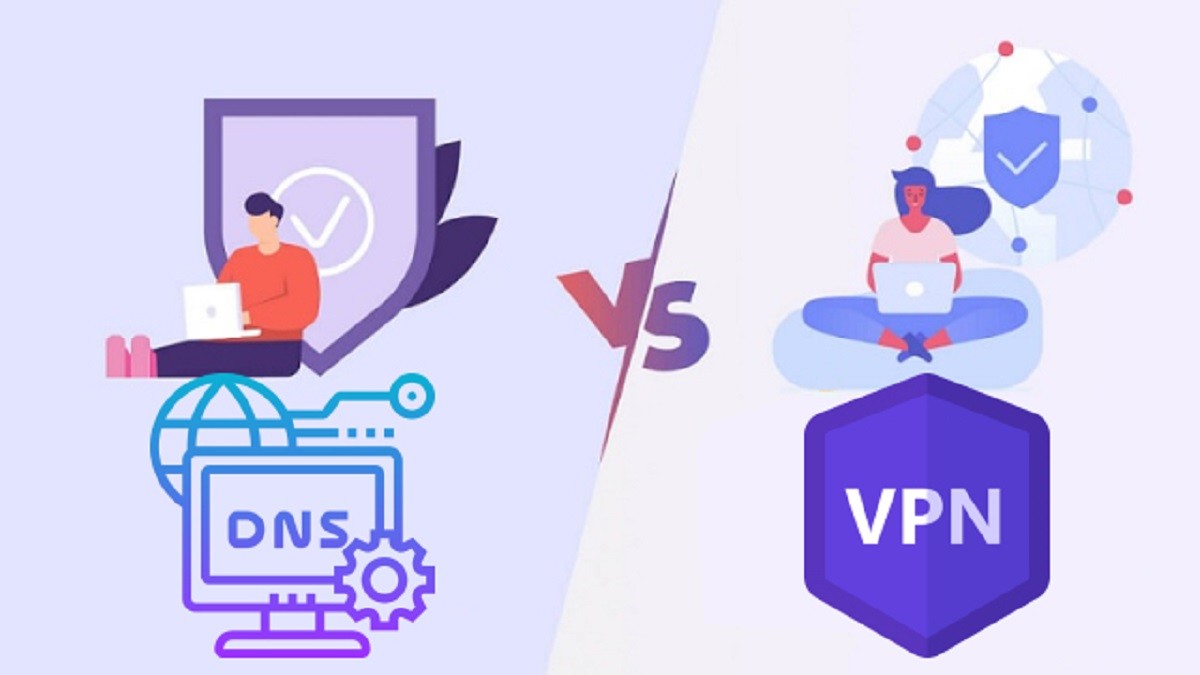
VPN provides security to the user. But most people are using proxy in the name of VPN. Therefore, it is very important for the user to always be clear about the real VPN and proxy service. However, both of these services are aimed at user privacy, allowing you to anonymously access the Internet by hiding your IP address in various ways. But their working style is different.
The VPN router brings all internet activity connected to the user's Wi-Fi network to its server to keep the user's identity private. Computers and mobiles have VPN apps, which help to keep the user's identity secret while using the Internet by activating VPN apps on those devices.
Your DNS queries are visible to your ISP or DNS provider. A VPN replaces your IP address, preventing snoopers, governments, and ISPs from monitoring your online activity. Some DNS providers may use encryption to prevent cybercriminals from intercepting your DNS queries. However, they don't encrypt all your traffic.
The full form of DNS is Domain Name Server. Its job is to tell us where the website we are looking for (eg www.tiktok.com) is located on the Internet. In a simple sense, its job is only to answer the questions we ask. Just like our home address, every website's web server has an address, called an IP address.
Such IP addresses are public (public) and private (private). Our phones and computers at home also have an IP address, eg: 192.168.1.10. This is a private IP address. That is, it is the address given by the router in our house to the phone and computer we are running.
Similarly, a website also has an IP address, such as: 72.119.23.99. This IP address is public. Simply put, a website has a unique IP address. The work done by the DNS server is only to give such IP addresses. It is said that Virtual Private Network i.e. VPN provides security to the user. But most people are using proxy in the name of VPN. Therefore, it is very important for the user to always be clear about the real VPN and proxy service.
However, both of these services are aimed at user privacy, allowing you to anonymously access the Internet by hiding your IP address in various ways. But their working style is different.
What is VPN?
VPN stands for Virtual Private Network. It means the process of running the Internet through a highly secure private network. It gives you privacy. When you try to open any website, the website knows from where you are using which device you are opening that website.
Because of this you can be tracked. That's why many people use VPN. When using a VPN, your mobile and computer first ask a VPN server if you want to open a website? For example: Tiktok. And that VPN server opens tiktok.com for you and sends the data to your mobile and computer.
How does VPN work?
When you are connected to a secure VPN server, your Internet traffic travels through an encrypted tunnel. Which no one can track or see. Whether it's a hacker or the government or your internet service provider. That means your internet data cannot be read or read. To understand how VPN works, let's look at the difference between two scenarios, without VPN and with VPN.
When we use a website without a VPN, we connect to the site through an Internet Service Provider (ISP). The ISP gives us a unique IP address. Because the ISP directs and manages our overall Internet traffic.
Basically there are two types of VPN, remote access VPN and site to site VPN. Remote Access VPN allows users to connect to another network through a private encryption tunnel. It can be connected through the company's internet server or public internet. Site to Site VPN is also called Router to Router VPN. It is mostly used in the corporate sector.
Especially, there are important offices of the company in different areas. In this case, Site to Site VPN creates such a closed internal network, so that all locations can be connected together. It is called intranet.
Overall, the benefits of VPN are that your browsing history, IP address, location, streaming location, device and web activity are hidden. Along with the advantages, it also has some disadvantages.



